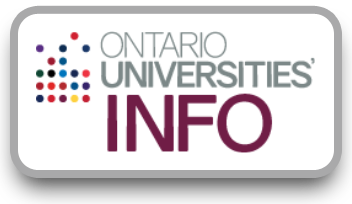Undergraduate Medical Education
The University of Ottawa is the only medical school in North America that offers the MD Program in both official languages, English and French. Students select their language of study during the application process. On average, 164 students are enrolled each new academic year, comprised of roughly 118 in the Anglophone stream and 48 in the Francophone stream.
The application process and admissions process are the same for all categories of applicants.
Admission requirements: Prior to June, preceding registration, applicants must have completed a minimum of 3 years of full-time undergraduate studies at a recognized university in a program leading to a bachelor's degree, including the following prerequisites: 2 courses in humanities/social sciences, 2 courses in biology, and 1 course in each of the following: general chemistry, organic chemistry, biochemistry, and statistics.

